1. Sharks are older than trees
Sharks have existed for more than 450 million years, whereas the earliest tree, lived around 350 million years ago. Not only are sharks older than trees, but they are also one of the only animals to have survived four of the five mass extinctions.
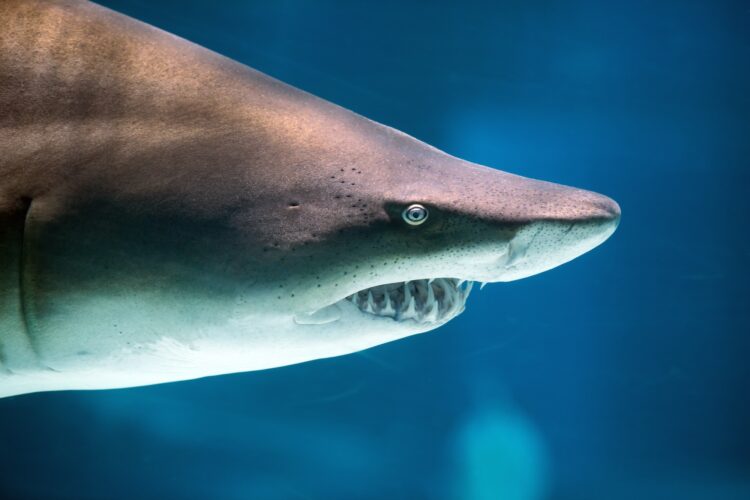
2. Megalodon were the largest sharks that ever lived
Dating back 20 million years ago, the megalodon (meaning large tooth) dominated the oceans and was a close relative of today’s great white shark. Based on fossil evidence, they grew between a whopping 15 and 18 meters, weighing more than 25 tons, making the great white seem tiny in comparison (6 meters in length and 2.2 tons)!
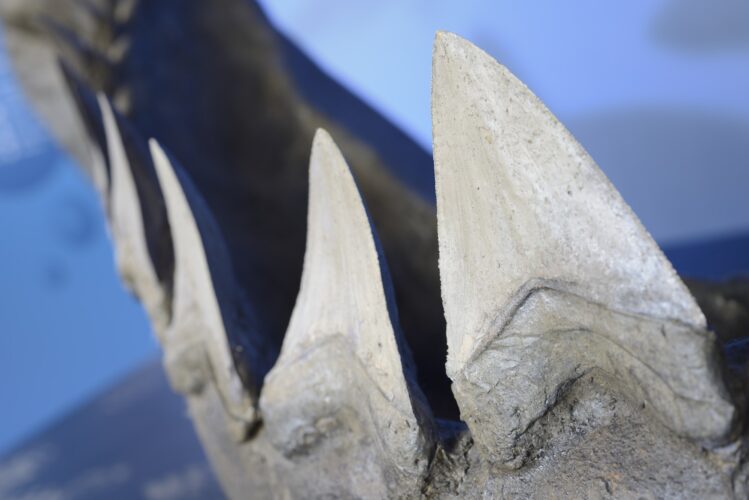
3. Some sharks glow in the dark
In 2014, scientists discovered that the elusive chain catshark and swell shark communicate with each other by releasing glowing light from their skin in patterns that are unique to each species and even sex. Invisible to the naked eye, the fluorescent green spots are only visible when a blue filter light is shined on them.
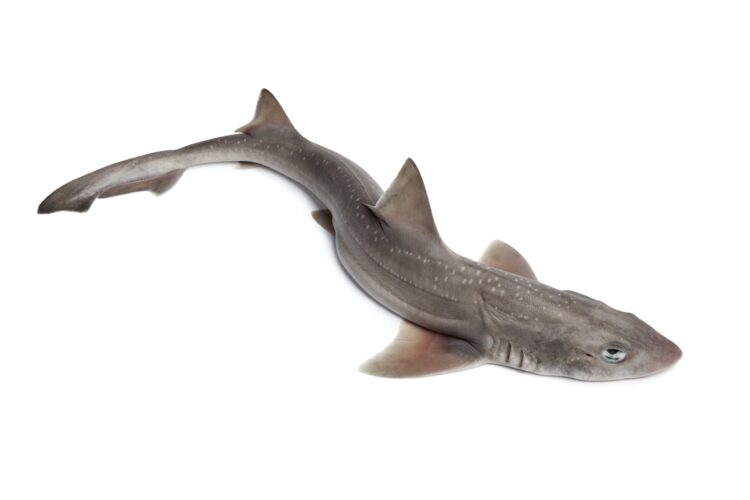
4. Sharks are effectively colorblind.
Even though sharks have great vision, scientists believe that they are most likely colorblind. If you want to find out the science behind this, The Conversation’s article is a great place to start.
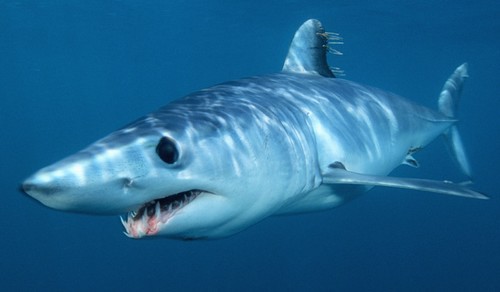
5. Sharks have their own personalities
In 2016, researchers at Macquarie University discovered that Port Jackson sharks have their own individual personalities, just like us. The study showed that each shark has its own way of responding to stress and unfamiliar environments, with some being more bold than others.
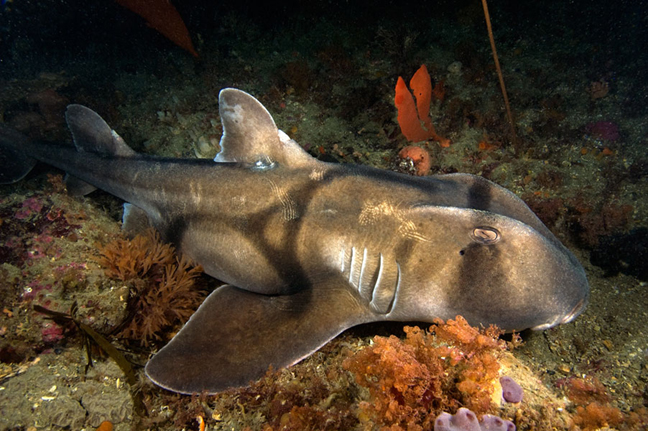
6. Sharks continually shed and replace their teeth
It’s a good thing the tooth fairy doesn’t have to dive underwater for sharks, as some species lose up to 35,000 teeth in their lifetime!
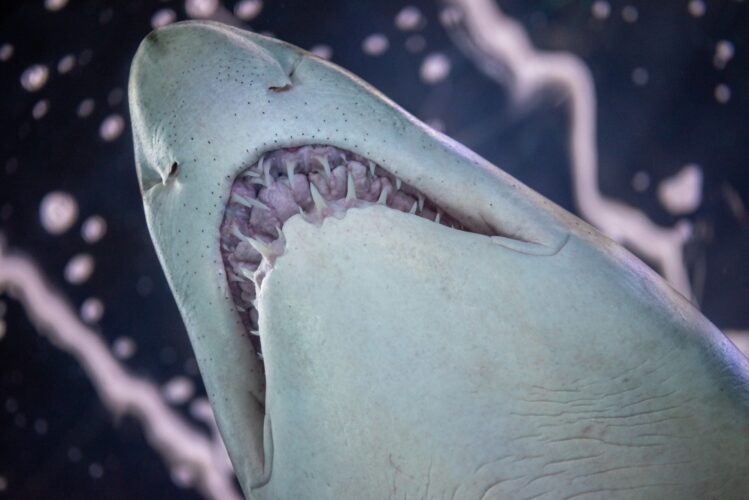
7. Over 400 species exist worldwide
Just like us, sharks come in all different shapes and sizes! On one end, you have the whale shark, which can be up to 12 meters in length, and on the other, you have the dwarf lantern shark, which can fit in your hand. Around 180 species inhabit Australian waters.
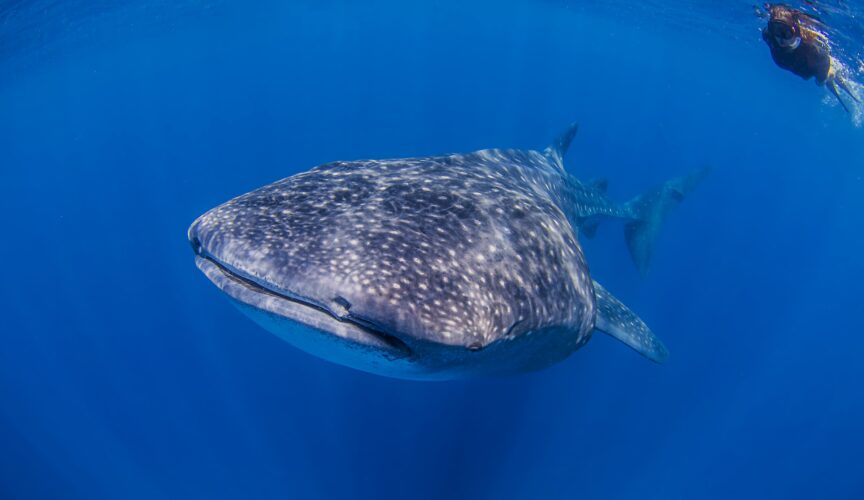
8. Sharks are important to reef conservation
Research from 2017 revealed that sharks play a key role in regulating the health of coral reefs. During a four-month expedition from Cairns to Broome, a team of scientists from the University of Western Australia found that where there were healthier reefs, there were also a high number of sharks present.
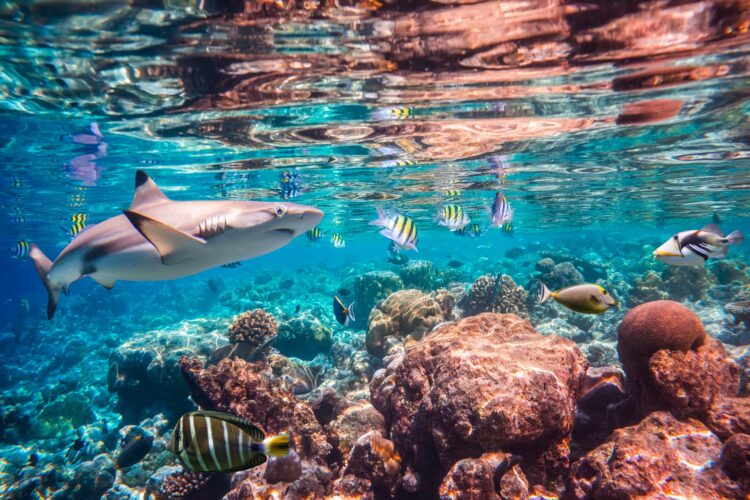
9. Sharks affected by full moon
Researchers found in a study of 40 gray reef sharks that their diving behavior is influenced by the moon, water temperature, and time of day. It seems that sharks descended to greater depths and used a wider range of depths around the time of the full moon.
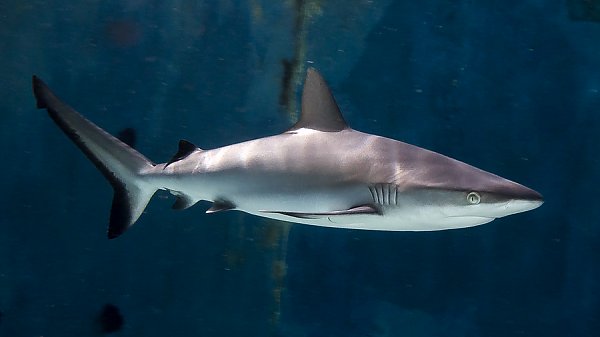
10. Hammerhead sharks have binocular vision
At last, their weird and wacky head makes sense—it gives them better vision! The T-shaped hammerhead allows the sharks to see 360 degrees, having ‘outstanding forward stereo vision and depth perception.’






